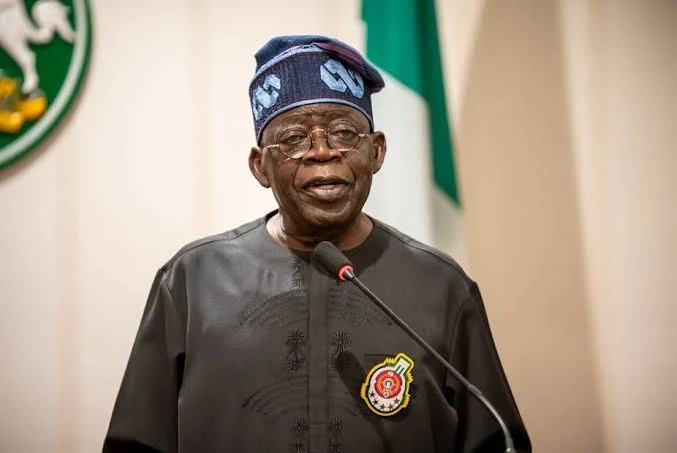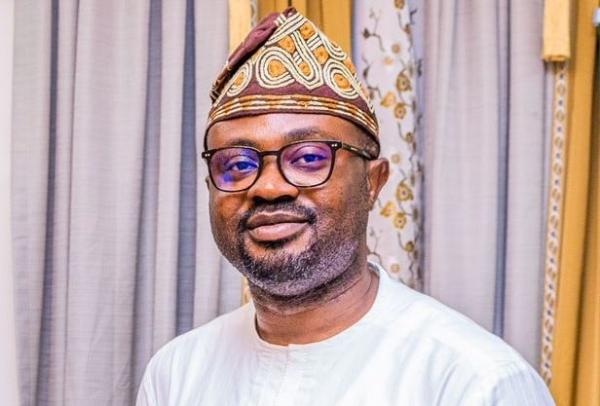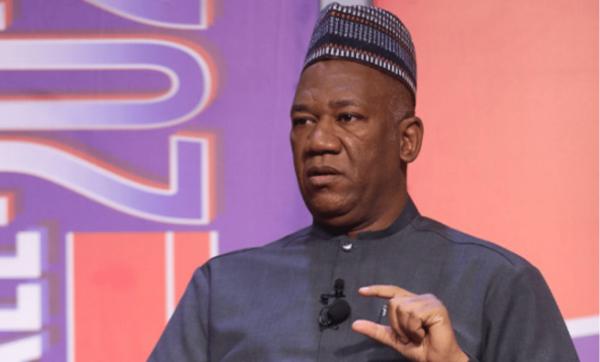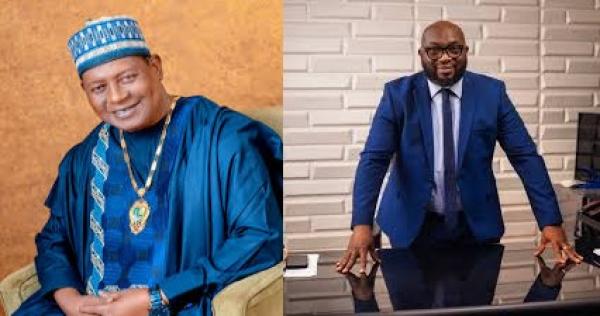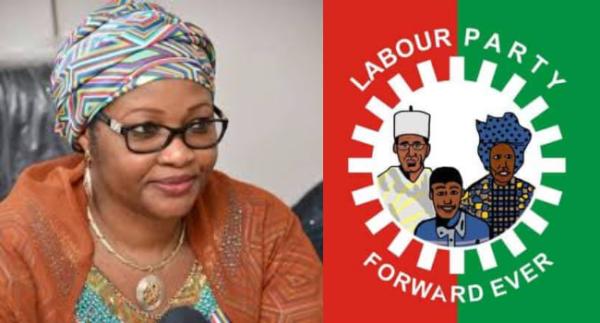
In the wake of the turbulent violence and humanitarian crisis that has hit the African country Burundi, resulting to the death of dozens of civilians and police, as well as the fleeing of tens of thousands to other countries seeking refuge, LEADERSHIP Friday takes a look at similar unfortunate situations on the continent as well as leaders who have persistently clung to power since they got hold of it. UGBOJA FELIX OJONUGWA, Abuja.
Pierre Nkurunziza was elected president of Burundi after the end of the country’s civil war in 2005. A decade later, opposition parties say the president is threatening to violate the principles that brought him to power. The country’s constitution sets a two-term limit.
While he has been in power for 10 years, his allies say the first five years do not count as he was elected for that term by parliament, not in a popular vote.
The unflinching resolve of President Pierre Nkurunziza and his cabinet to run for a third term has culminated into what has now been described as regrettable and unfortunate.
So far, over 600 protesters have been arrested, the radio, internet and other medium of communication have been shut down by the government who describe the protesters as ‘terrorists’.
The Military in that country has also now taken a decisive move to overthrow the government in a coup. It is yet to be seen how effective that will be.
Several countries, including Senegal and Burkina Faso, have seen popular uprising in recent years too, forcing long-time leaders to step down.
This has raised hopes that other presidents might be deterred from holding on to their positions beyond the time allowed by their constitutions.
In Bukina Faso, Blaise Compaore had spent 27 years in power, and was on the verge of influencing constitutional amendments to allow him run again in November 2015 when a four day riot broke out which forced him into a resignation.
Former Senegalese president, Abdoulaye Wade, had gone through the same path of forcefully seeking further time in office until he was forced out by protest and election loss to Macky Sall in 2012.
In democratic republic of Congo, Joseph Kabila, who took over power in 2001, after the assassination of his father, is also presently doing everything manipulatively possible to extend his present two term to a third one. Elections are expected to hold next year. And this too isn’t going down well with many.
Timeless African Regimes
Teodoro Obiang Nguema Mbasogo – Equatorial Guinea (36 years)
Teodore Obiang took over power as head of revolutionary council after spear heading the coup against his uncle, Masi Nguema Biyongo in 1979.
In that same year, he did over see the conviction and execution of his ousted uncle who was found guilty of mass murder, genocide, embezzlement and treason.
Teodore Obiang Nguema was officially sworn is as the president of Equitorial Guinea in 1982. A position he has occupied till date.
José Eduardo dos Santos – Angola (36 years)
Since 1979, four years after Angola gained its independence, Jose Eduardo dos Santos has remained the country’s president.
Jose dos Santos may have been praised for leading the transformation in the country’s oil sector, same can not be said of his government’s entire performance, which has been generally described as corrupt.
About 70% of the population of that country are reported to live on less than $2 per day. But in contrast, president Jose dos Santos’ family are known to live ostensibly, especially his daughter, Israel, who through political connections has risen to become one of the continent’s youngest billionaires.
Robert Mugabe – Zimbabwe (35 years)
The story of Robert Mugabe is very well known. He is Africa’s oldest president, and has been in power in Zimbabwe since 1980 when he was elected Prime Minister till 1987 when he officially became the president till date.
The 91 years old, who is famous for his ever critical stand against the west, is nearing the end of his rule, but his wife Grace is increasingly being seen as a possible successor. She was recently elected head of the ruling Zanu-PF party’s women’s league and was a key figure in a campaign to discredit Joyce Mujuru, a Mugabe loyalist previously thought to be a contender to succeed him.
The new constitution in 2013 set a two five-year term limit to the presidency, but this does not apply retrospectively to Mr Mugabe.
Paul Biya – Cameroon (33 years)
Paul Biya became Cameroon’s president since 1982, after formerly serving as a Prime Minister under Ahmadou Ahidjo.
While his administration has also been known to be corrupt and notorious for conducting fraudulent elections, his close friendship with former colonial master, France has proven effective in sustaining his long reign.
Yoweri Museveni – Uganda (29 years)
President Yoweri Museveni has been at the helm of Uganda’s government since the toppling of Idi Amin and Milton Obote (1986).
He has been in the limelight mostly for his government’s conservative stance on homosexuality, with draconian laws and severe punishment for “offenders”.
He is also known for leading Uganda to economic stability and one of the continent’s most successful HIV/Aids programmes.
Omar al-Bashir – Sudan (26 years)
In 1989, Brigadier Omar al-Bashir led a bloodless military coup, which toppled Prime Minister Sadiq al- Mahdi and his government as the country faced nationwide famine.
Since then, he has been elected three times in questionable elections. In 2009 he became Africa’s first sitting president to be indicted by the ICC for directing mass killings, rape and torture in Darfur.
Idriss Déby – Chad (25 years)
Idriss Déby took over Chad’s presidency in 1990 after a rift formed between him and the then president Hissene Habré.
This rift resulted in Déby’s exile in Libya where he garnered support from both Libya and Sudan. He used this support to launch an attack against President Habré. A year later, Déby’s troops marched into the capital, N’Djaména unopposed.
Isaias Afwerki – Eritrea (22 years)
Since Eritrea’s independence in 1993, President Isaias Afwerki has held on to the top office. Eritrea is a one-party state. Afwerki’s People’s Front for Democracy and Justice (PFDJ) is the only party allowed to participate in the country’s politics.
Mr Afewerki has been criticised for failing to implement democratic reforms. His government has clamped down on its critics and has closed the private press.
Yahya Jammeh – The Gambia (21 years)
President Jammeh will turn 50 by 25th May 2015. He has ruled over The Gambia since 1994, first as chairman of the Armed Forces Provisional Ruling Council (AFPRC) and was sworn in as president two years later, meaning that he took up office at the age of 31.
In his tenure, he has not been one to shy away from controversy. He has been an outspoken critic of homosexuality and, in 2008, announced that his government would introduce legislation against homosexuals “stricter than those of Iran”.
He has also claimed the ability to cure ailments such as AIDS and asthma through the use of natural herbs.
Denis Sassou Nguesso – Republic of Congo (18 years)
President Nguesso has had two tenures as head of state in the Republic of Congo. The first one was from 1979 to 1992 where he led the single-party regime of the Congolese Party of Labour (PCT).
He returned to power at the end of the 1997 civil war where his forces ousted President Pascal Lissouba.













